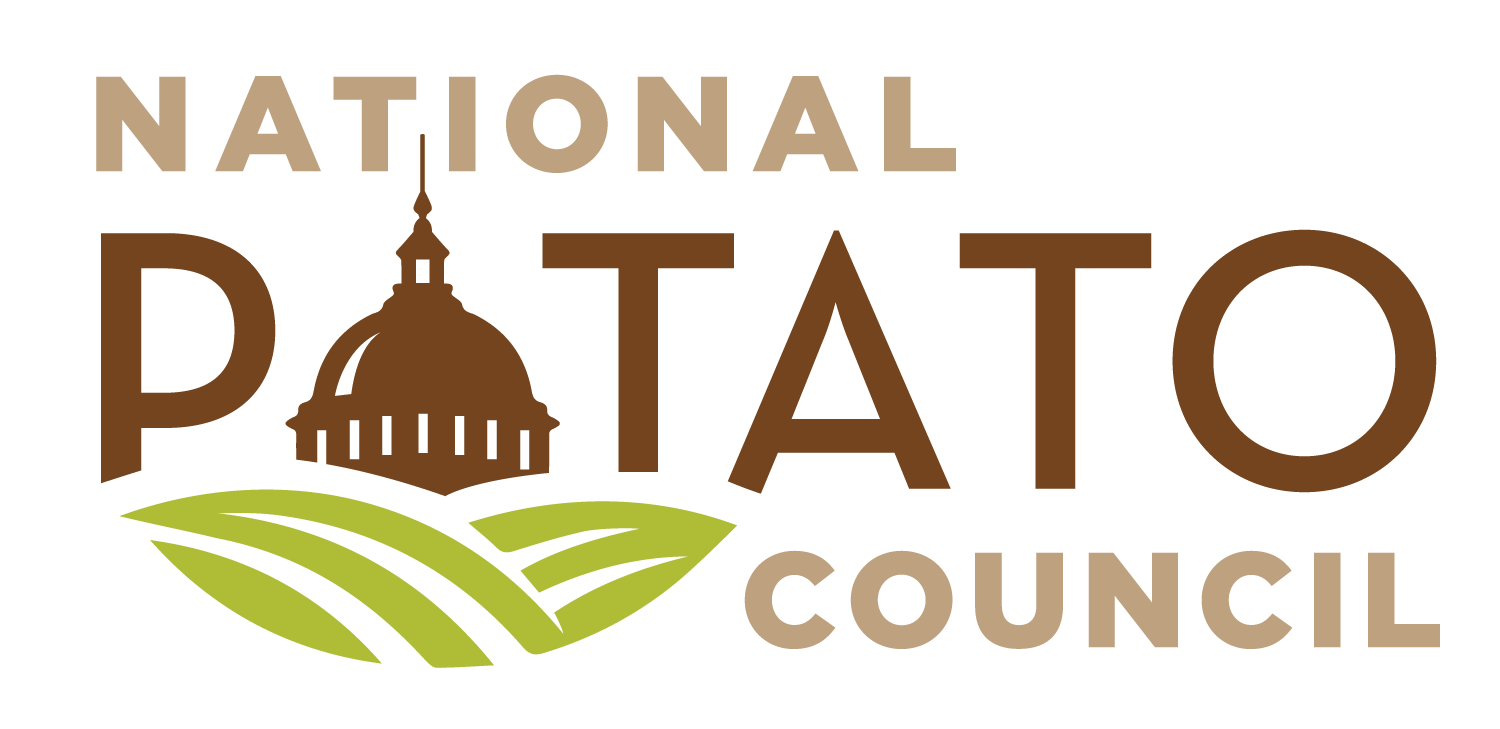Rules designed to increase safety on America’s roadways

The U.S. Department of Transportation’s Federal Motor Carrier Safety Administration (FMCSA) this week published a final rule updating hours of service (HOS) rules designed to increase safety on America’s roadways by updating existing regulations for commercial motor vehicle drivers. Of particular importance for the ag community, the rule increases the air-mile radius to 150 miles for agricultural products that are ineligible for the agricultural exemption to the HOS rules.
“We appreciate that the Administration continues to make improvements to the Hours of Service rules. Ensuring that agricultural commodities can be safely and efficiently transported is the overall goal, and we believe these modifications are in line with that intent,” said RJ Andrus, Vice President of Legislative and Government Affairs.
The final rule includes the following changes:
- Brings the short-haul on-duty period in line with the rest of the industry, while increasing the air-mile radius of short-haul trucking from 100 air miles to 150 air miles and expands allowable work shift from 12 hours to 14 hours, although total driving time is still restricted to 11 hours;
- Allows drivers, under certain adverse driving conditions, to extend their driving window by up to two hours;
- Changes the requirement drivers take a 30-minute rest period within the first eight hours of coming on duty, to after eight consecutive hours of driving time have elapsed, and allows the break to be taken as on-duty, not driving; and
- Makes modifications to the split sleeper berth provisions of the rule allowing greater flexibility for how a driver splits their sleeper berth time.
The complete final rule is available here.
NPC continues to advocate for further flexibility in the HOS regulations to provide options for drivers who are unavoidably delayed in congested areas that are not considered over-the-road driving conditions, such as marshalling in an intermodal facility at a commercial seaport or distribution warehouse.

